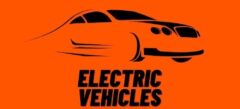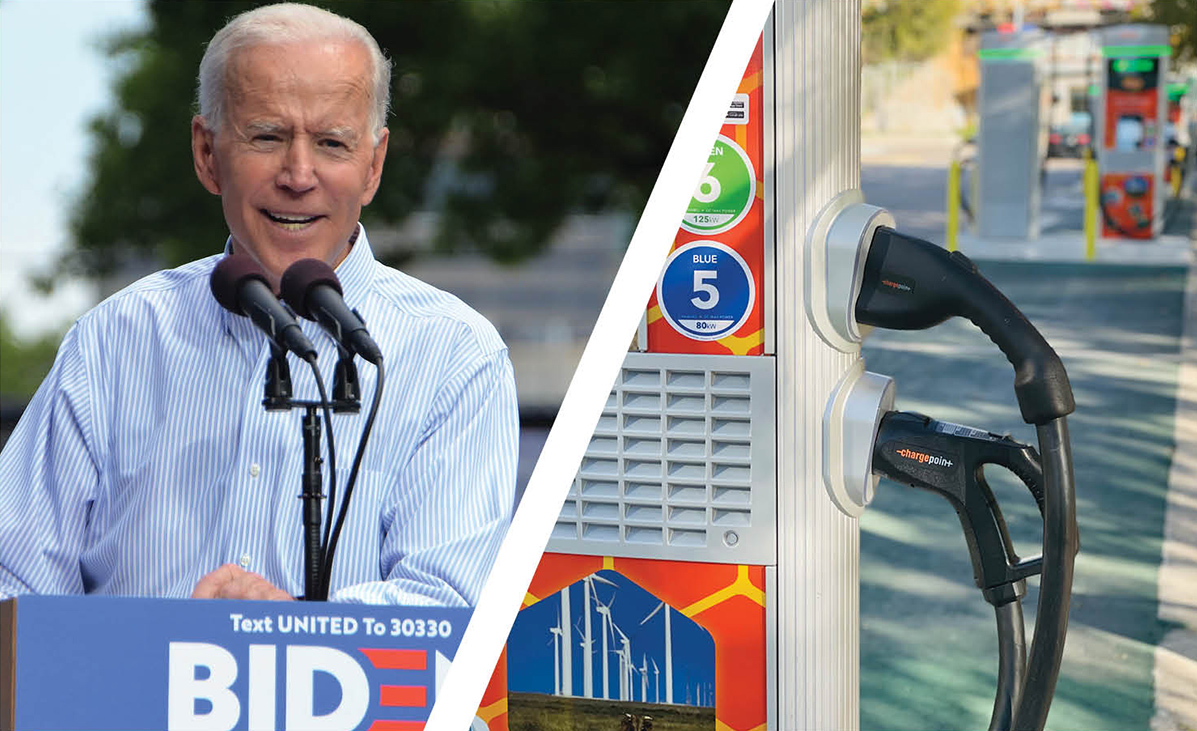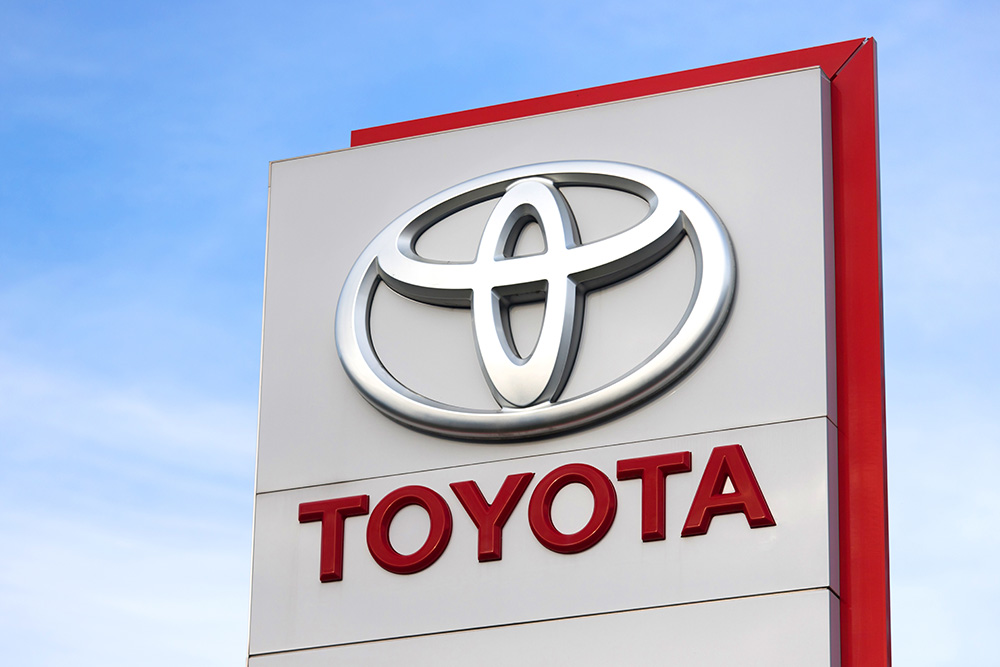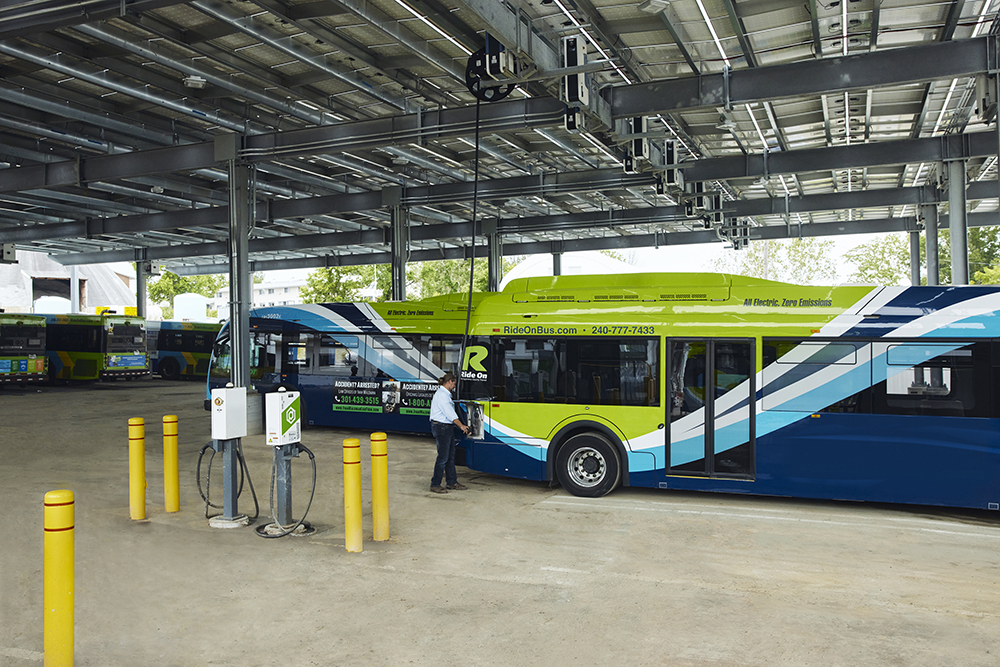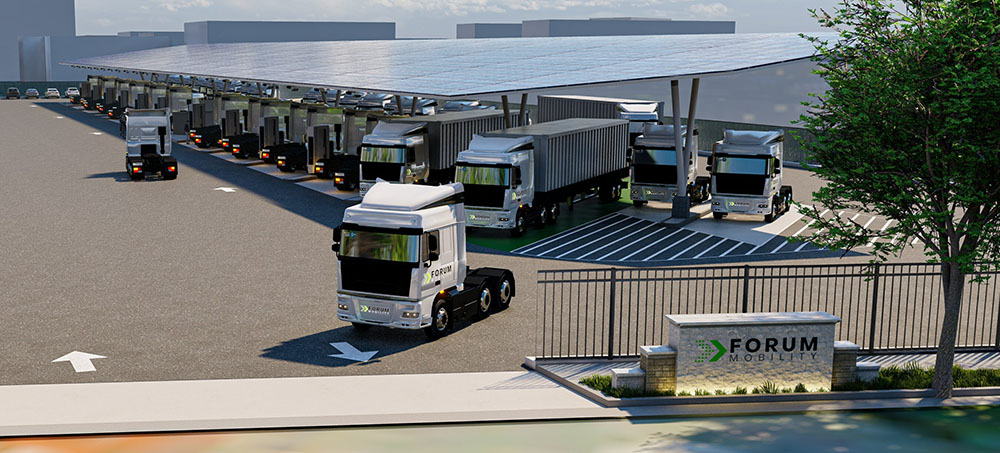[ad_1]
The Bipartisan Infrastructure Law authorized $7.5 billion of investment in EV charging infrastructure, which the Biden Administration says will be used to build a national network of 500,000 public chargers. Over the last year, the government has been developing a plan (complete with the usual alphabet soup of working groups and programs) to distribute that money.
Now the Department of Transportation, together with the Department of Energy, has issued a Notice of Proposed Rulemaking (NPRM) that details the proposed minimum standards for chargers that will be financed under the BIL.
Companies seeking federal funding to deploy charging stations will have to meet the standards, and states will use them to develop their EV deployment plans under the $5-billion National Electric Vehicle Infrastructure Formula Program.
“These minimum standards will help ensure our national EV charging network is user-friendly, reliable, and accessible to all Americans, and interoperable between different charging companies, with similar payment systems, pricing information, charging speeds, and more,” wrote the DOT in a press release. “No matter what kind of EV a user drives, what state they charge in, or what charging company they plug into, the minimum standards will ensure a unified network of chargers.”
“If we’re going to build out infrastructure like we haven’t done since the Eisenhower era, we have to do it right,” said Energy Secretary Jennifer Granholm.
Some of the proposed regulations are designed to ensure that rural areas and smaller communities would have the same access to charging stations as urban areas. Charging stations must be positioned along Interstates every 50 miles, and be located no more than a mile from a major highway. Each charging station would be required to provide a minimum of four individual DC fast chargers.
Charging stations built with federal dollars will be barred from requiring paid memberships, and networks will have to offer mobile apps to provide real-time information about pricing and availability.
“EV drivers should be able to count on finding a place to recharge easily wherever they go,” said Transportation Secretary Pete Buttigieg.
Other proposed requirements aim to create a seamless national network that will communicate and operate on the same software platforms from one state to another; address traffic control devices and on-premise signage; require data to be submitted to help create a public EV charging database; and require network connectivity to enable remote monitoring, diagnostics and updates.
The administration says its internal modeling indicates that the $7.5 billion allocated by the infrastructure law should be sufficient to meet the goal of building 500,000 charging stations across the country by 2030.
Sources: White House, DOT, New York Times, Electrek
[ad_2]
Source link
